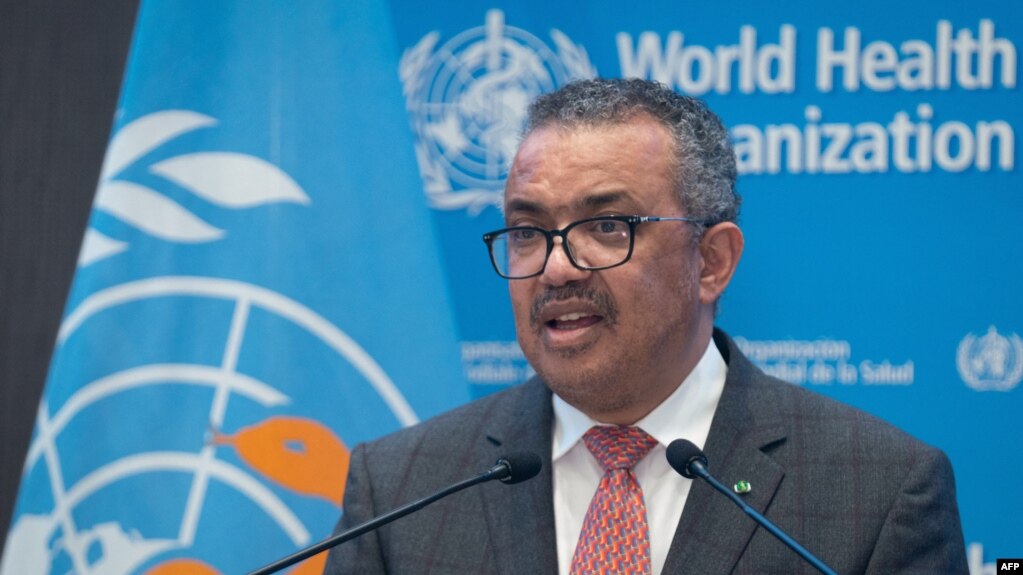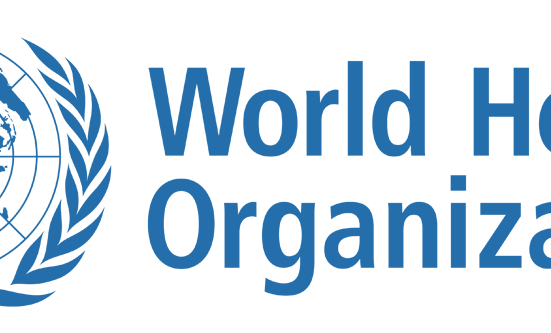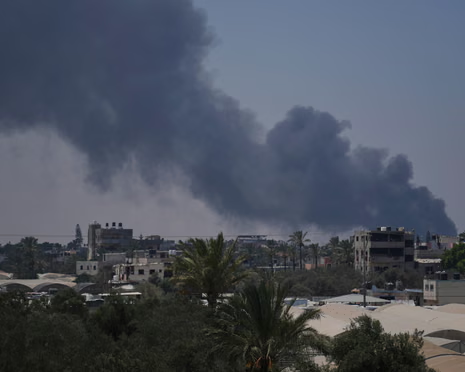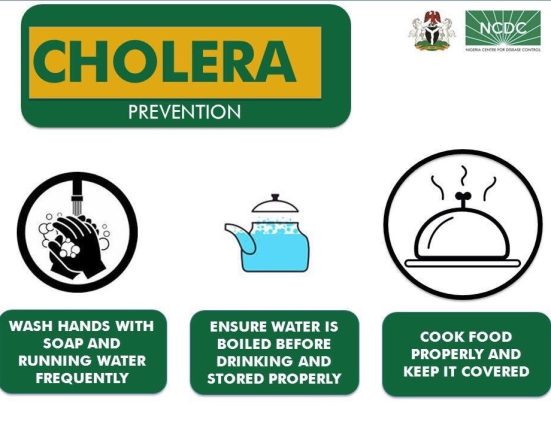The World Health Organization (WHO) has raised fresh concerns over the critical shortage of nurses across Africa, describing the continent’s nurse-to-patient ratio as one of the lowest in the world — a situation experts say is undermining access to quality healthcare and threatening progress toward universal health coverage.
In a statement released this week, WHO revealed that while the global average stands at 36 nurses per 10,000 people, many African countries are struggling with less than 10 nurses per 10,000 population. The regional shortfall is stark, with millions of people unable to access essential healthcare services due to the acute workforce gap.
Dr. Matshidiso Moeti, WHO Regional Director for Africa, described the situation as alarming, noting that nurses form the backbone of healthcare delivery, especially in primary care settings and remote communities.
“Nurses are the first and sometimes the only point of contact for millions across our continent. Yet, the growing shortage is putting overwhelming pressure on those in service and widening the gap in healthcare equity,” Dr. Moeti said.
The shortage is attributed to a combination of factors, including underinvestment in health workforce development, brain drain, poor working conditions, and limited training institutions. Many trained nurses are migrating to high-income countries in search of better pay and professional opportunities — a trend that is further depleting Africa’s already strained health systems.
Countries like Nigeria, Ghana, and Kenya, which have some of the largest nurse training schools on the continent, continue to lose thousands of professionals annually to Europe, North America, and the Middle East. The Nigerian Nursing and Midwifery Council recently reported a surge in certificate verification requests, indicating a wave of outbound migration.
WHO is now calling for urgent investment in health workforce planning, training, and retention strategies. The agency recommends that African governments scale up nursing education, improve incentives, and create safe and supportive environments for healthcare workers.
“The future of healthcare in Africa depends heavily on how well we support and retain our nursing workforce. A continent as dynamic and resourceful as Africa must not be left behind in the global health race due to human resource shortages,” Dr. Moeti added.
As Africa works toward achieving the 2030 Sustainable Development Goals, health experts warn that unless the nurse-to-patient ratio is urgently addressed, millions may continue to be denied the care they need — further entrenching health inequities and preventable deaths across the region.





